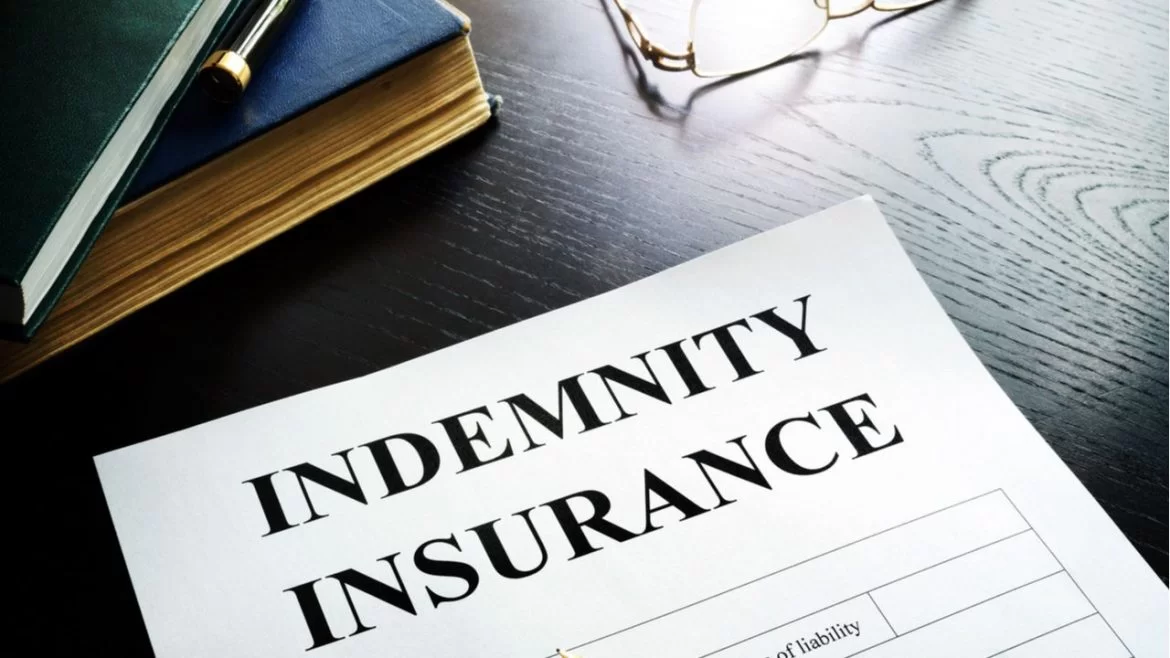
Professional indemnity insurance is well-known in fields such as accounting, architecture, medicine, and the law. It is also extremely beneficial to anyone who provides professional advice, consultancy, or design work. Professional indemnity insurance is not required by law. Some organizations, however, will only work with a consultant who has Pl insurance coverage.
If you provide professional services or advice, you will almost certainly require indemnity insurance. This coverage is intended to protect you in the event that a third party suffers loss or damage as a result of your actions as a result of an act, error, omission, or breach of professional duty. When it comes to selecting a policy, there are a few factors to consider to ensure you have the best coverage possible.
What is a PI Insurance policy?
Professional Indemnity insurance is a policy that protects businesses and individuals from any liability that may arise as a result of advice or services provided. Pl insurance has gradually grown in popularity, attracting a growing number of professionals each year.
-
Take into account your specific risks.
One of the first things you should do is consider the specific areas of risk in your profession that require indemnity insurance coverage. This will be determined by the nature of your work, the services or advice you provide, your contractual obligations, the number of clients you have, and the potential cost of a claim.
-
Coverage level
After you’ve found a policy you like, you must select your level of coverage. The goal of professional indemnity insurance is to protect you financially in the event of a third-party claim, so make sure you have enough coverage to cover your potential risks. For example, if your profession has a high risk of costly, claims, don’t choose the cheapest level of coverage.
-
Examine the exclusions
This is very important! The last thing you want is for something to go wrong and then realize too late that your indemnity insurance doesn’t cover you. Although every policy will have exclusions, make sure that none of the exclusions leave you vulnerable. Remember that it is best to choose the coverage that is tailored to your professional requirements.
- The insurer’s experience
Another factor to consider when purchasing professional indemnity insurance is the insurer’s experience in providing indemnity coverage, particularly in relation to your particular profession. Certain insurers often specialize in specific professions and tailor their policies to your specific needs, so inquire about their experience insuring your line of work.
-
Consult an insurance professional
It is best to speak with an insurance broker if you want the best coverage possible. They have the necessary industry experience to assist you in finding a policy that meets your needs and will look at a variety of products from various insurers. They’ll also read the fine print on your behalf to ensure there are no surprises when it comes to claiming time.
-
Determine risk and exposure
Any professional who provides expert advice or services is vulnerable to some type of risk or exposure and should consider Pi insurance. Previously, professionals such as solicitors, accountants, and surveyors were easily classified; however, today’s categories have expanded to include experts in a variety of emerging fields such as technology, marketing, creative design, broadcasting, and management consultancy, among others.
As a result, determining whether a person has any sort of risk liability is as simple as determining whether they provide any kind of expert advice or service. A professional liability insurance helps to protect a professional or business against financial losses claimed by clients.
-
Brokerage services for insurance
Another factor to consider before purchasing a professional indemnity insurance policy is whether to buy it directly from the insurer or through an insurance broker. A broker’s role is generally to act as a liaison between the client and the insurance company: as experts in their field, they can provide expert advice to a wide range of clients. Their job entails combining their knowledge of various insurance products with a client’s risk liability. They specialized in researching aspects such as insurance coverage, service, cost, and insurer solvency.


